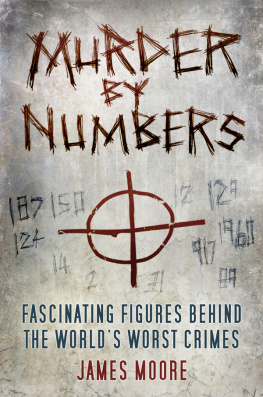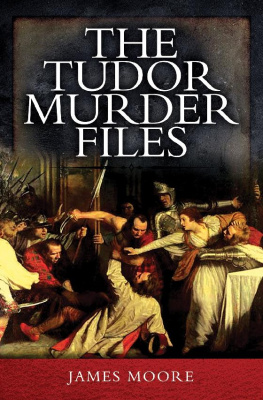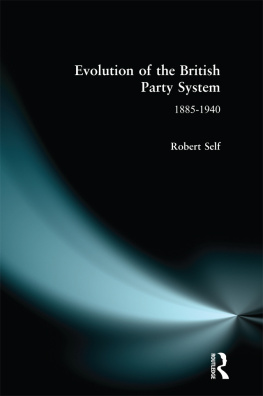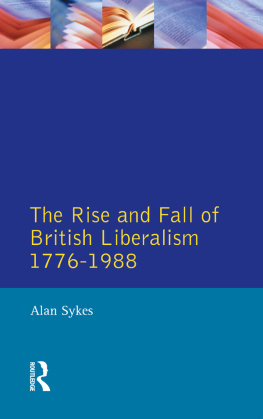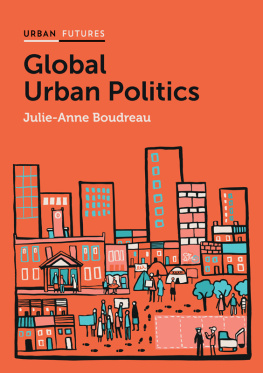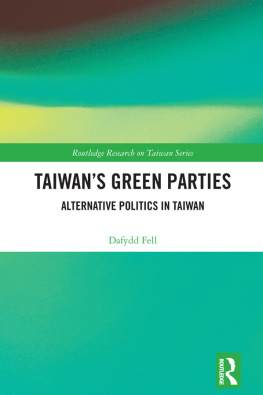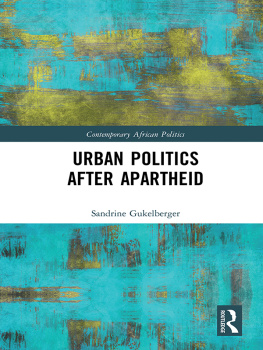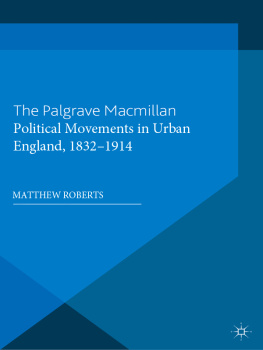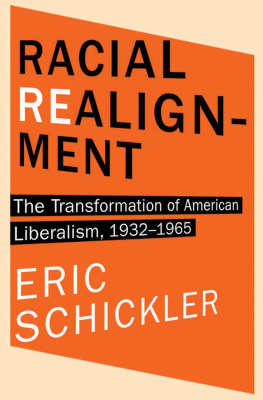
THE TRANSFORMATION OF URBAN LIBERALISM
Historical Urban Studies
Series editors: Jean-Luc Pinol and Richard Rodger
Titles in the series include:
Property, Tenancy and Urban Growth in Stockholm and Berlin, 18601920
Hkan Forsell
Civil Society, Associations and Urban Places
Class, Nation and Culture in Nineteenth-Century Europe
edited by Graeme Morton, Boudien de Vries and R.J. Morris
The European City and Green Space
London, Stockholm, Helsinki and St Petersburg, 18502000
edited by Peter Clark
Resources of the City
Contributions to an Environmental History of Modern Europe
edited by Dieter Schott, Bill Luckin and Genevive Massard-Guilbaud
City Status in the British Isles, 18302002
John Beckett
European Cities, Youth and the Public Sphere in the Twentieth Century
edited by Axel Schildt and Detlef Siegfried
Culture and Class in English Public Museums, 1850-1914
Kate Hill
The Market and the City
Square, Street and Architecture in Early Modern Europe
Donatella Calabi
Young People and the European City
Age Relations in Nottingham and Saint-Etienne, 18901940
David M. Pomfret
Cities of Ideas: Civil Society and Urban Governance in Britain 18002000
Essays in Honour of David Reeder
edited by Robert Colls and Richard Rodger
The Transformation of Urban Liberalism
Party Politics and Urban Governance in Late Nineteenth-Century England
James R. Moore
University of London
First published 2006 by Ashgate Publishing
Reissued 2018 by Routledge
2 Park Square, Milton Park, Abingdon, Oxon OX14 4RN
711 Third Avenue, New York, NY 10017, USA
Routledge is an imprint of the Taylor & Francis Group, an informa business
James R. Moore 2006
James R. Moore has asserted his moral right under the Copyright, Designs and Patents Act, 1988, to be identified as the author of this work.
All rights reserved. No part of this book may be reprinted or reproduced or utilised in any form or by any electronic, mechanical, or other means, now known or hereafter invented, including photocopying and recording, or in any information storage or retrieval system, without permission in writing from the publishers.
A Library of Congress record exists under LC control number: 2005031649
Notice:
Product or corporate names may be trademarks or registered trademarks, and are used only for identification and explanation without intent to infringe.
Publisher's Note
The publisher has gone to great lengths to ensure the quality of this reprint but points out that some imperfections in the original copies may be apparent.
Disclaimer
The publisher has made every effort to trace copyright holders and welcomes correspondence from those they have been unable to contact.
ISBN 13: 978-0-815-39829-5 (hbk)
ISBN 13: 978-1-351-12679-3 (ebk)
Historical Urban Studies
General Editors' Preface
Density and proximity are two of the defining characteristics of the urban dimension. It is these that identify a place as uniquely urban, though the threshold for such pressure points varies from place to place. What is considered an important cluster in one context - may not be considered as urban elsewhere. A third defining characteristic is functionality - the commercial or strategic position of a town or city which conveys an advantage over other places. Over time, these functional advantages may diminish, or the balance of advantage may change within a hierarchy of towns. To understand how the relative importance of towns shifts over time and space is to grasp a set of relationships which is fundamental to the study of urban history.
Towns and cities are products of history, yet have themselves helped to shape history. As the proportion of urban dwellers has increased, so the urban dimension has proved a legitimate unit of analysis through which to understand the spectrum of human experience and to explore the cumulative memory of past generations. Though obscured by layers of economic, social and political change, the study of the urban milieu provides insights into the functioning of human relationships and, if urban historians themselves are not directly concerned with current policy studies, few contemporary concerns can be understood without reference to the historical development of towns and cities.
This longer historical perspective is essential to an understanding of social processes. Crime, housing conditions and property values, health and education, discrimination and deviance, and the formulation of regulations and social policies to deal with them were, and remain, amongst the perennial preoccupations of towns and cities - no historical period has a monopoly of these concerns. They recur in successive generations, albeit in varying mixtures and strengths; the details may differ
The central forces of class, power and authority in the city remain. If this was the case for different periods, so it was for different geographical entities and cultures. Both scientific knowledge and technical information were available across Europe and showed little respect for frontiers. Yet despite common concerns and access to broadly similar knowledge, different solutions to urban problems were proposed and adopted by towns and cities in different parts of Europe. This comparative dimension informs urban historians as to which were systematic factors and which were of a purely local nature: general and particular forces can be distinguished.
These analytical and comparative frameworks inform this book. Indeed, thematic, comparative and analytical approaches to the historical study of towns and cities is the hallmark of the Historical Urban Studies series which now extends to over 30 titles, either already published or currently in production. European urban historiography has been extended and enriched as a result and this book makes another important addition to an intellectual mission to which we, as General Editors, remain firmly committed.
Richard Rodger
Jean-Luc Pinol
University of Leicester
Universit de Lyon II
The author would like to give special thanks to his research supervisor Dr. Peter Lowe for his kind assistance and support throughout his very enjoyable doctoral programme in the Department of history at the University of manchester. He would also like to thank staff and students at Manchester, past and present, who provided advice and encouragement during his time there, especially Dr. brendan Jones, Dr. Stuart Jones, Samantha McGhie and Dr. James Vernon, as well as his doctoral research examiners Professor Michael Rose and Professor Duncan Tanner. The author is also very grateful for the interest and support of former colleagues in the Centre for Urban History at Leicester University, especially Professor richard Rodger, Professor Peter Clark and Dr. John Smith. All errors and omission remain the responsibility of the author.
Personal Titles, Organisations and Collections
- Ald. Alderman
- BLPES British Library of Political and Economic Science
- CPSC C.P. Scott Correspondence


